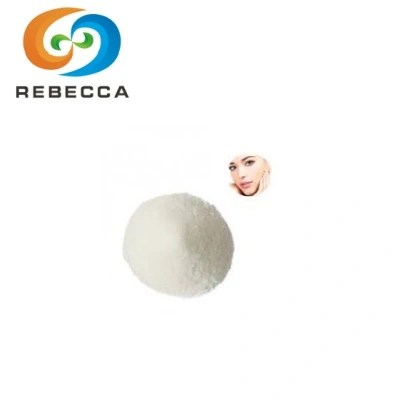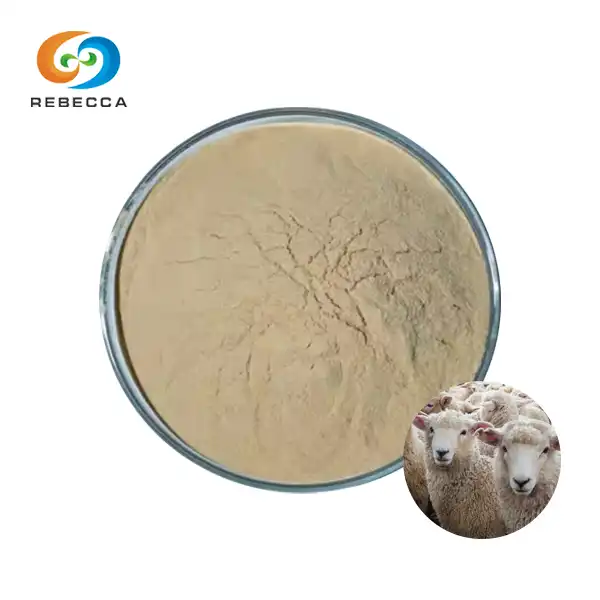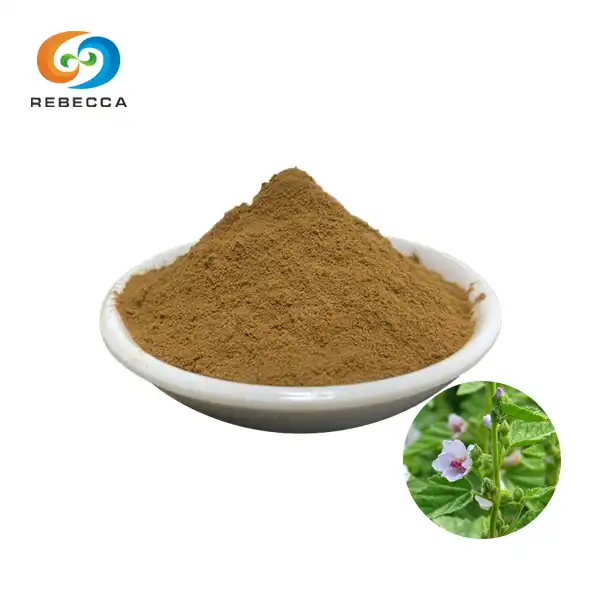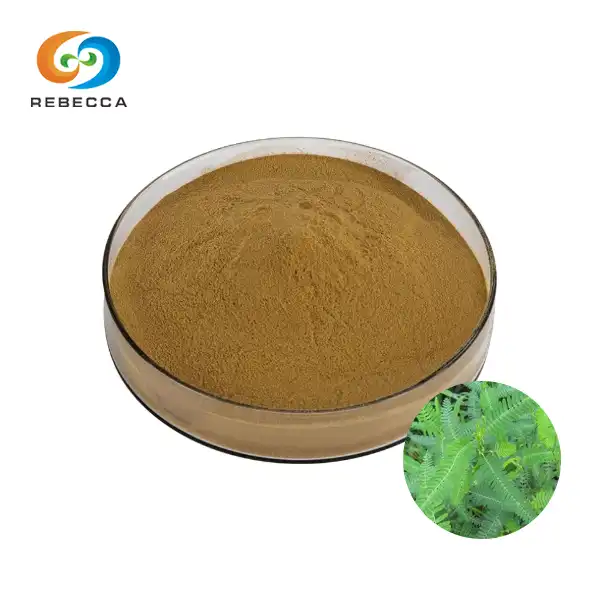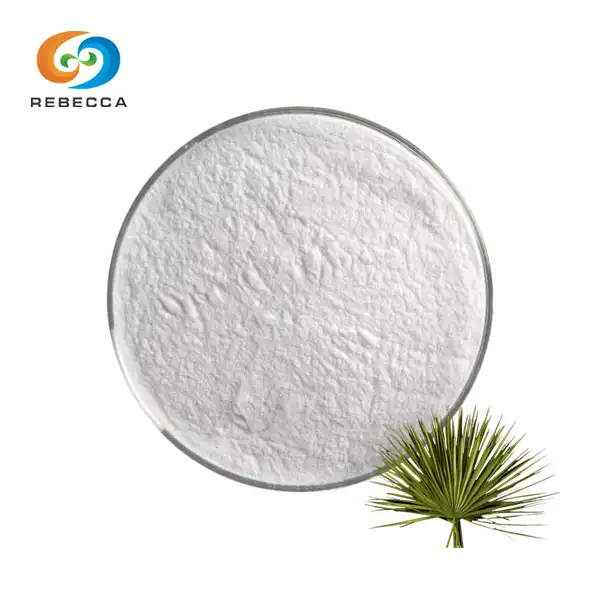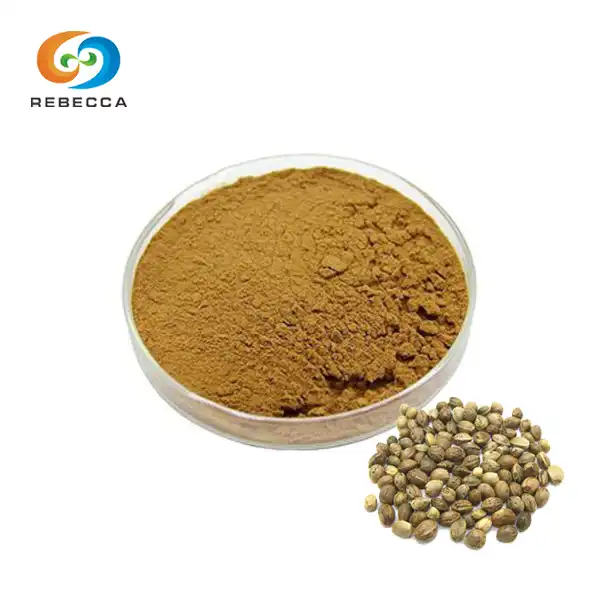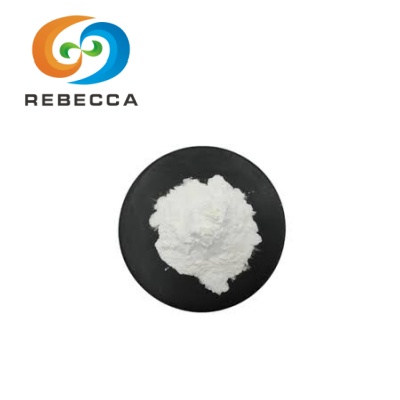What is the solubility of baicalin?
Baicalin, chemically known as baicalein-7-O-β-D-glucuronide, belongs to the flavonoid glycoside family and serves as one of the most studied bioactive compounds in traditional Chinese medicine. The molecular structure of this compound significantly impacts its interaction with different solvents, making solubility studies crucial for researchers and manufacturers working with baicalin powder. The compound's unique chemical architecture, featuring both hydrophilic and lipophilic regions, creates interesting solubility challenges that require careful consideration during product development and therapeutic applications.
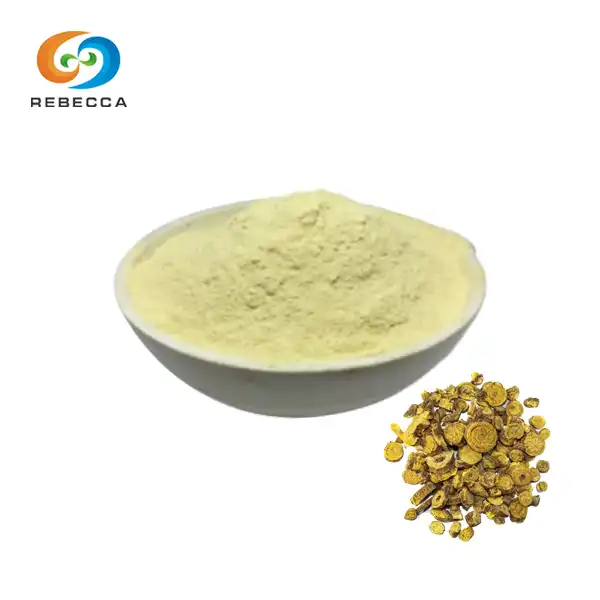
English name: Baikal skullcap root extract
Latin Name: Scutellaria Baicalensis Georgi. L .
CAS No.: 21967-41-9
Molecular forula:C21H18O11
Molecular Weight:446.37
Active ingredients: Baicalin
Specification: 70-98%
Use Part : Root
Appearance: Light yellow fine powder
Mesh size:80 Mesh
Test Method: HPLC
Solubility in Aqueous Media
The aqueous solubility of baicalin represents perhaps the most clinically relevant aspect of its physicochemical properties. In pure water at room temperature, baicalin demonstrates moderate solubility, typically ranging from 0.5 to 2.0 mg/mL depending on factors such as temperature, pH, and the specific grade of baicalin powder being evaluated. This water solubility is considerably higher than many other flavonoids, primarily attributed to the presence of the glucuronide group, which introduces hydrophilic characteristics to the otherwise lipophilic flavonoid backbone.
Temperature plays a crucial role in determining baicalin's aqueous solubility. As temperature increases from 25°C to 50°C, solubility typically increases by approximately 2-3 fold, following patterns consistent with most organic compounds. This temperature dependency has practical implications for manufacturing processes involving baicalin powder, where controlled heating can enhance dissolution rates and improve extraction efficiency. However, excessive heating may lead to thermal degradation, requiring careful balance between solubility enhancement and compound stability.
The pH of the aqueous medium significantly influences baicalin solubility due to the presence of phenolic hydroxyl groups in its structure. Under slightly alkaline conditions (pH 8-9), baicalin exhibits enhanced solubility as the phenolic groups undergo deprotonation, increasing the compound's ionic character and water affinity. Conversely, under acidic conditions (pH 2-4), solubility decreases as the compound exists predominantly in its neutral form. This pH-dependent solubility behavior is particularly relevant for oral formulations, where the compound encounters varying pH environments throughout the gastrointestinal tract.
Solubility in Organic Solvents
The organic solvent solubility profile of baicalin reveals interesting patterns that reflect its amphiphilic nature. In polar organic solvents such as methanol and ethanol, baicalin demonstrates good solubility, typically achieving concentrations of 10-25 mg/mL at room temperature. This enhanced solubility in alcoholic solvents makes ethanol-water mixtures particularly attractive for extraction processes involving baicalin powder from plant materials. The optimal ethanol concentration for baicalin extraction typically ranges from 50-70%, providing an excellent balance between selectivity and extraction efficiency.
Dimethyl sulfoxide (DMSO) represents one of the most effective organic solvents for baicalin dissolution, achieving concentrations exceeding 50 mg/mL. This exceptional solubility in DMSO makes it an ideal solvent for preparing stock solutions in research applications, though its use in pharmaceutical formulations is limited due to safety considerations. The high solubility in DMSO reflects the compound's ability to form hydrogen bonds and engage in dipole-dipole interactions with the solvent molecules.
In contrast to polar solvents, baicalin exhibits poor solubility in non-polar organic solvents such as hexane, chloroform, and diethyl ether. Solubility in these solvents typically remains below 0.1 mg/mL, reflecting the predominantly hydrophilic character imparted by the glucuronide moiety. This selective solubility pattern is advantageous for purification processes, where non-polar solvents can be used to remove lipophilic impurities from baicalin powder preparations without significant loss of the target compound.
Acetone and acetonitrile represent intermediate-polarity solvents that show moderate baicalin solubility, typically ranging from 2-8 mg/mL. These solvents are particularly valuable in analytical applications, especially high-performance liquid chromatography (HPLC) methods for baicalin quantification. The moderate solubility in these solvents provides adequate dissolution for analytical purposes while maintaining reasonable separation efficiency in chromatographic systems.
Propylene glycol and polyethylene glycol (PEG) systems demonstrate excellent solubilizing capacity for baicalin, often exceeding aqueous solubility by 5-10 fold. These pharmaceutical-grade solvents offer attractive options for developing topical and oral liquid formulations, as they are generally recognized as safe for human consumption and provide enhanced compound stability compared to purely aqueous systems.
Factors Affecting Solubility
Multiple factors influence the solubility behavior of baicalin, with particle size representing one of the most critical parameters. Reducing the particle size of baicalin powder through micronization or nanonization techniques can dramatically enhance dissolution rates and apparent solubility. Smaller particles provide increased surface area for solvent-solute interactions, facilitating faster dissolution kinetics. Nanoparticle formulations of baicalin have demonstrated up to 10-fold improvements in dissolution rates compared to conventional particle sizes, though true thermodynamic solubility remains unchanged.
Crystal form and polymorphism significantly impact baicalin solubility characteristics. Different crystalline forms of the compound can exhibit varying solubility profiles, with amorphous forms typically showing enhanced solubility compared to their crystalline counterparts. However, amorphous forms often suffer from stability issues, potentially converting to more stable but less soluble crystalline forms during storage. Understanding and controlling the solid-state properties of baicalin powder becomes crucial for maintaining consistent solubility performance throughout product shelf life.
The presence of co-solvents and solubilizing agents represents another critical factor affecting its solubility. Surfactants such as polysorbate 80 and sodium lauryl sulfate can significantly enhance its solubility through micelle formation and solubilization mechanisms. These agents are particularly valuable in developing oral and topical formulations where enhanced solubility translates directly to improved bioavailability and therapeutic efficacy.
Ionic strength and the presence of salts in the dissolution medium can either enhance or reduce its solubility, depending on the specific salt system employed. Certain salts promote compound dissolution through salting-in effects, while others may reduce solubility through salting-out mechanisms. The specific salt effects depend on the ionic characteristics of both the salt and the baicalin molecule, requiring careful evaluation for each formulation system.
Storage conditions and environmental factors also influence the solubility characteristics of baicalin over time. Exposure to light, elevated temperatures, and humidity can alter the physical and chemical properties of baicalin powder, potentially affecting its solubility profile. Proper storage under controlled conditions helps maintain consistent solubility characteristics and ensures reliable performance in various applications.
Rebecca Bio-Tech: Baicalin Powder For Sale
At Rebecca Bio-Tech, we understand the critical importance of solubility characteristics in determining the success of your baicalin-based formulations. Our premium baicalin powder is meticulously processed to ensure optimal solubility performance while maintaining the highest purity standards. We supply high-quality baicalin with active ingredient concentrations ranging from 70% to 98%, carefully tested using HPLC methodology to guarantee consistency and reliability.
Our products feature an optimal mesh size of 80, designed to provide excellent dissolution characteristics while maintaining product stability during storage and handling. Each batch undergoes rigorous quality control testing to ensure that solubility parameters meet our stringent specifications, giving you confidence in your formulation development process.
Whether you're developing pharmaceutical formulations, nutraceutical products, or conducting research applications, our technical team is ready to provide expert guidance on optimizing baicalin solubility for your specific needs. We offer comprehensive technical support, including solubility data, formulation recommendations, and custom particle size specifications to meet your unique requirements.
Contact our team today to discuss your specific solubility requirements and explore how our products can support your development goals. Reach out to us at information@sxrebecca.com for detailed product information, technical specifications, or to place your order. Let Rebecca Bio-Tech be your trusted partner in delivering high-quality baicalin solutions that meet the demanding requirements of today's pharmaceutical and nutraceutical markets.
Reference
Studies have shown that baicalin solubility in water can be enhanced through various formulation strategies, with cyclodextrin complexation showing particular promise for improving bioavailability.
Comprehensive solvent screening studies have identified ethanol-water mixtures and PEG systems as optimal choices for baicalin formulation development, balancing solubility, stability, and safety considerations.
Recent advances in particle engineering and complexation strategies have opened new possibilities for optimizing baicalin solubility across diverse pharmaceutical and nutraceutical applications.
